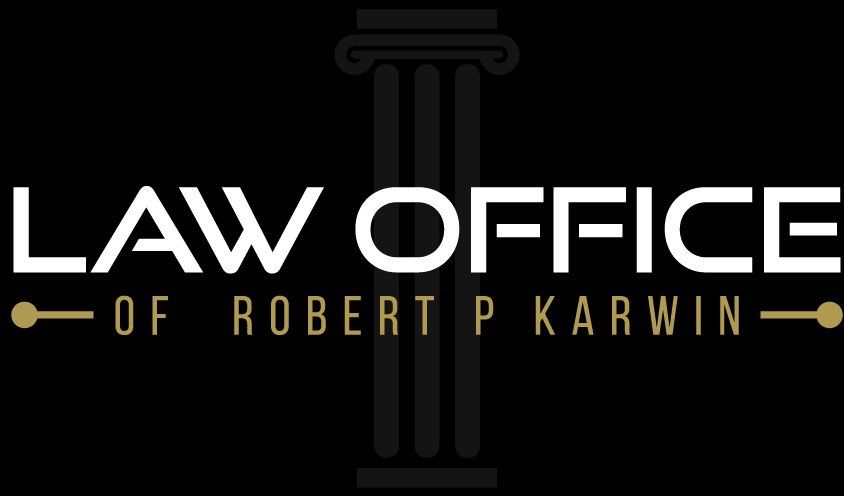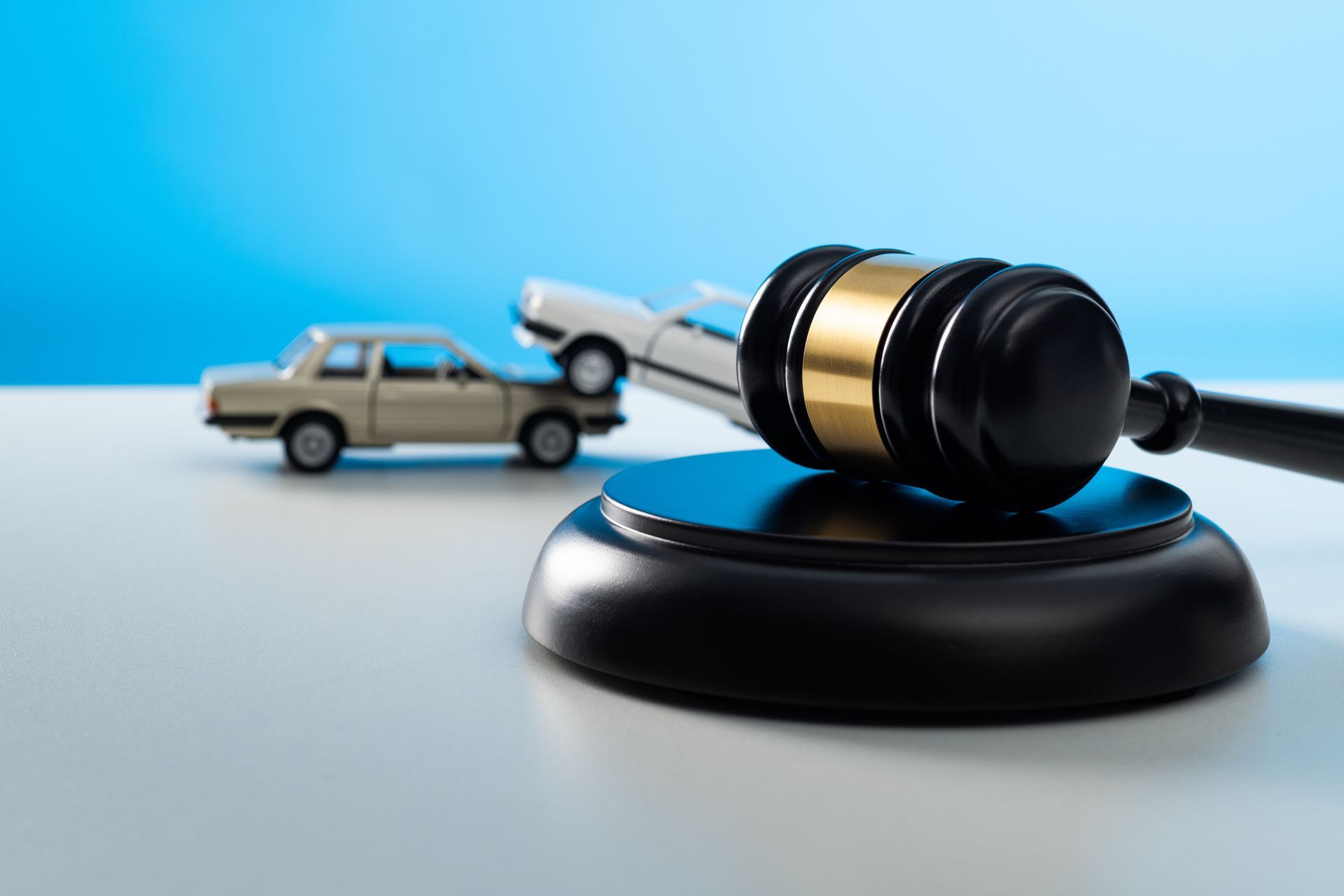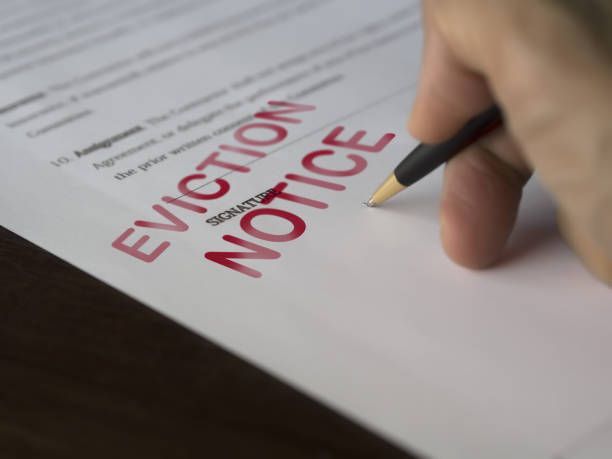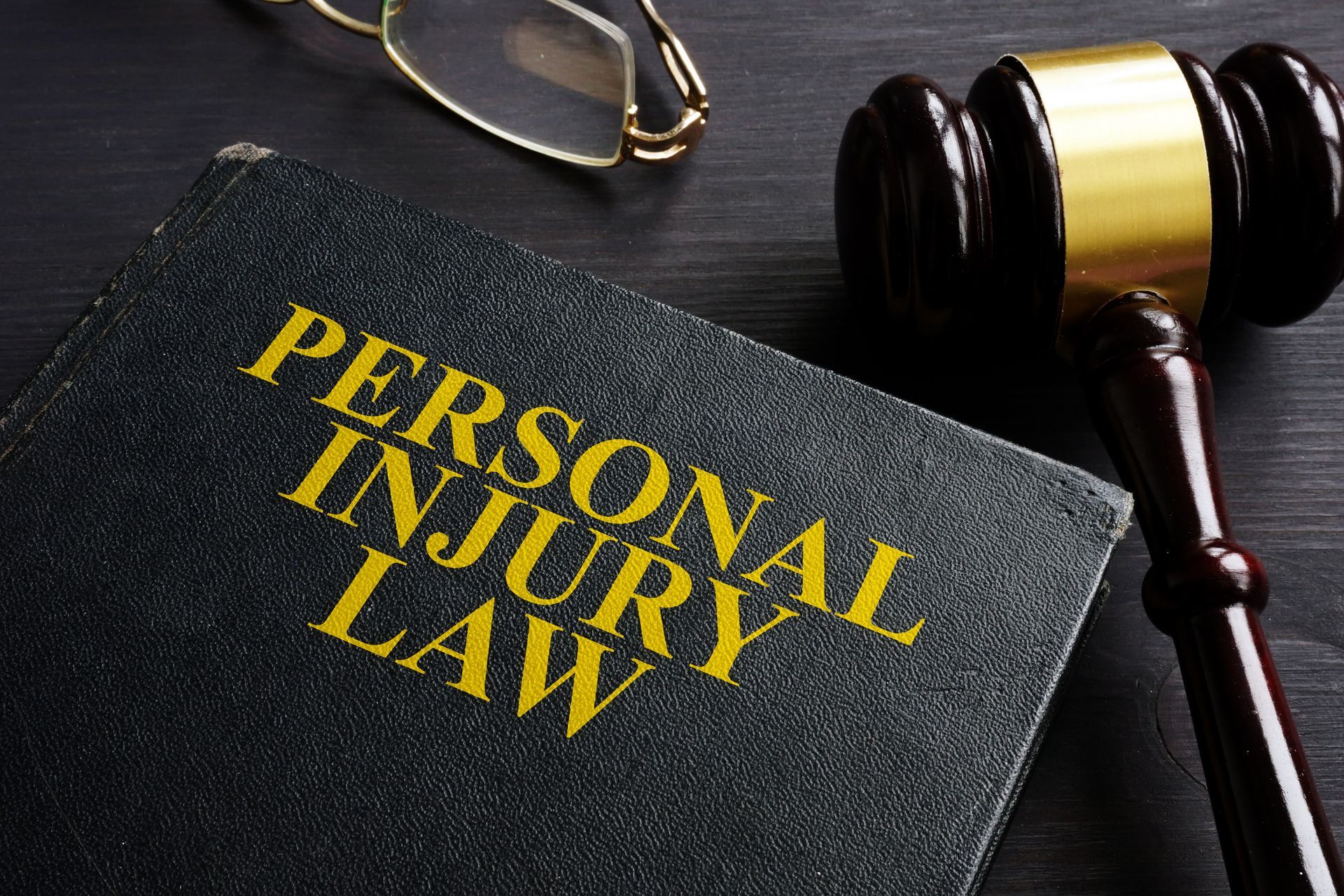3 Personal Injury Terms You Should Know After an Injury
Admin • July 13, 2021

No one wants to be involved in a personal injury case. Not only can it be emotional, but it can be frustrating to try and get the money you are owed through legal action. It's especially difficult if you are unfamiliar with the process. Read on to learn more about the three personal injury terms you should know.
Duty of Care
Duty of care simply means that people have a legal obligation to avoid hurting other people. For example, a doctor has a duty of care to do what's best for their patient and ensure they seek every possible treatment and solution. However, a driver also has a duty of care to drive safely and defensively to prevent accidents.
Therefore, a big part of winning your personal injury claim is proving the other person had some obligation for duty of care, and that they broke it through their actions. For example, if someone invites you to their home, they agree to a duty of care; they must do what's reasonable to keep you safe.
If you end up crawling on top of the old shed and the roof collapses, you probably can't argue the homeowner breached their duty of care. The courts and insurance companies will argue you took on an assumption of risk when you climbed onto a roof. On the other hand, if the deck was damaged, and the homeowner let you walk on it without telling you, they could be liable for your injury.
You'll have an easier time winning your case if you can prove the homeowner knew about the potential risk, but this isn't a requirement. Since anyone can lie, the courts will determine if a reasonable person would have noticed the damages and got it fixed.
Damages
Broadly speaking, damages refer to personal injury and damaged property. However, there are many different types of damages. Most damages are compensatory, which means they are designed to cover your expenses after the injury. But in extreme cases of gross negligence or particularly vile behavior, the courts may also award you punitive damages, which are solely designed to punish the defendant.
Naturally, compensatory damages include medical treatments related to the injury, damages related to the injury, and any income you lost due to the accident, treatment, and recovery. However, they also include pain and suffering, which can be complex.
Pain and suffering can refer to physical and emotional pain, treatment, and distress. Physical pain and suffering may include disfigurement, scars, limps, and nerve damage. Emotional pain and suffering, however, are often harder to prove because you can't take X-rays of PTSD or depression. Emotional pain and suffering claims don’t only apply to mood disorders. It also includes loss of enjoyment and loss of companionship.
Wrongful Death
In severely tragic accidents, you may lose a loved one. If this happens, you may be left wondering what to do. Your loved one cannot sue, but you may be left with medical bills, damaged property, and loss of income and support. In this instance, you can typically file a wrongful death claim to seek reimbursement for your late loved one and yourself.
Typically, you'll get reimbursed for any lost income and medical bills, but they may also award funeral expenses. Additionally, if your spouse passed, you may also be awarded money to help you financially support yourself now that your household has lost a source of income.
Personal injury cases are common, and they may be the best way for you to be reimbursed for damages related to an accident. Typically, if you can prove a duty of care was owed and breached, you can win your case. If you would like to know more, contact us
at The Law Office of Robert Karwin today.









